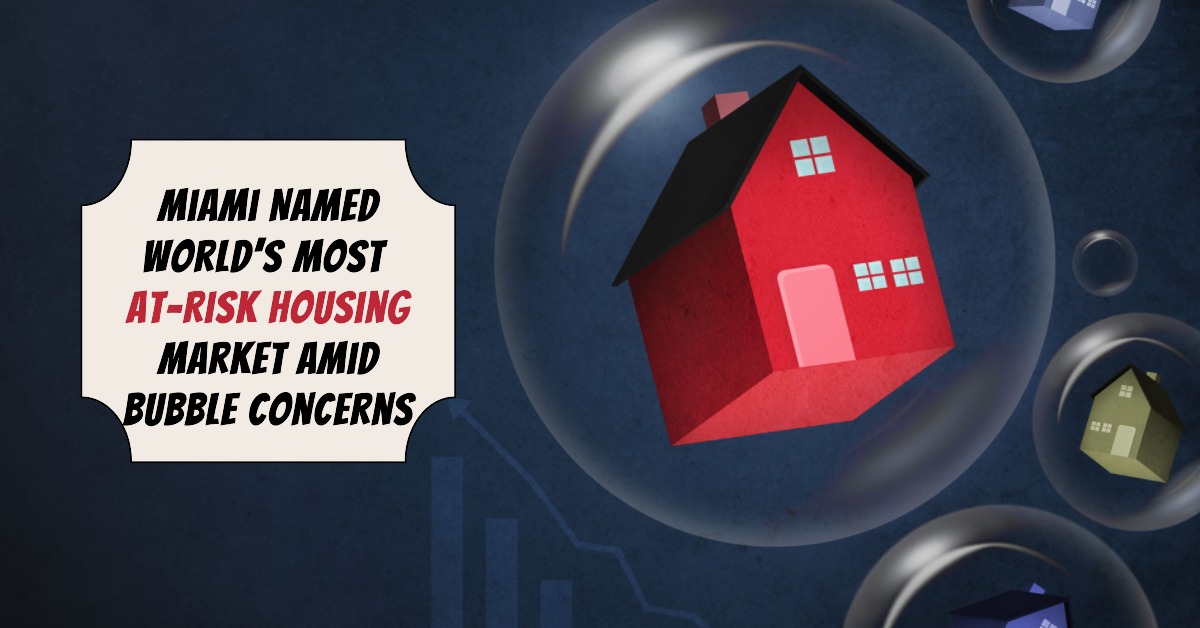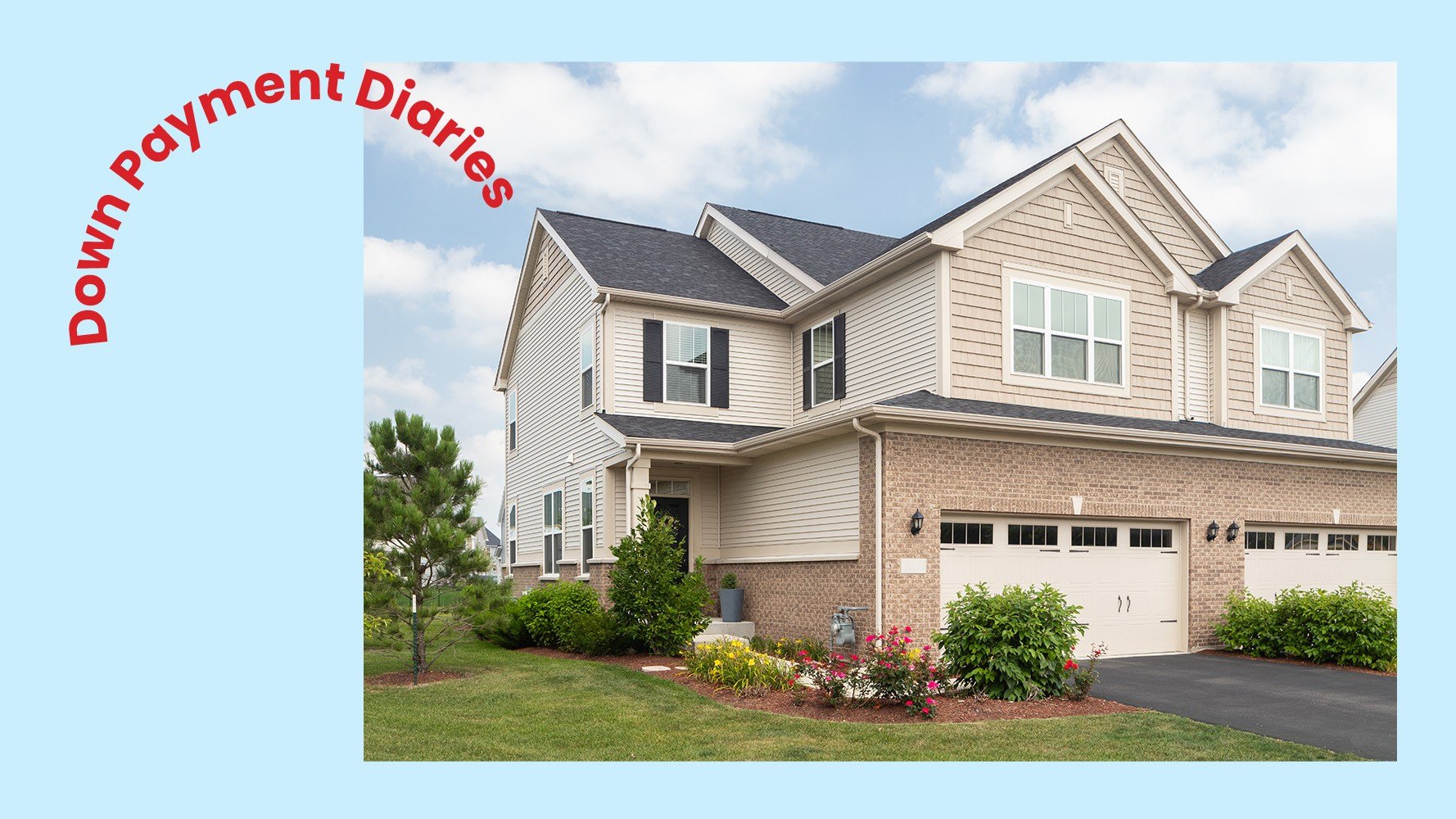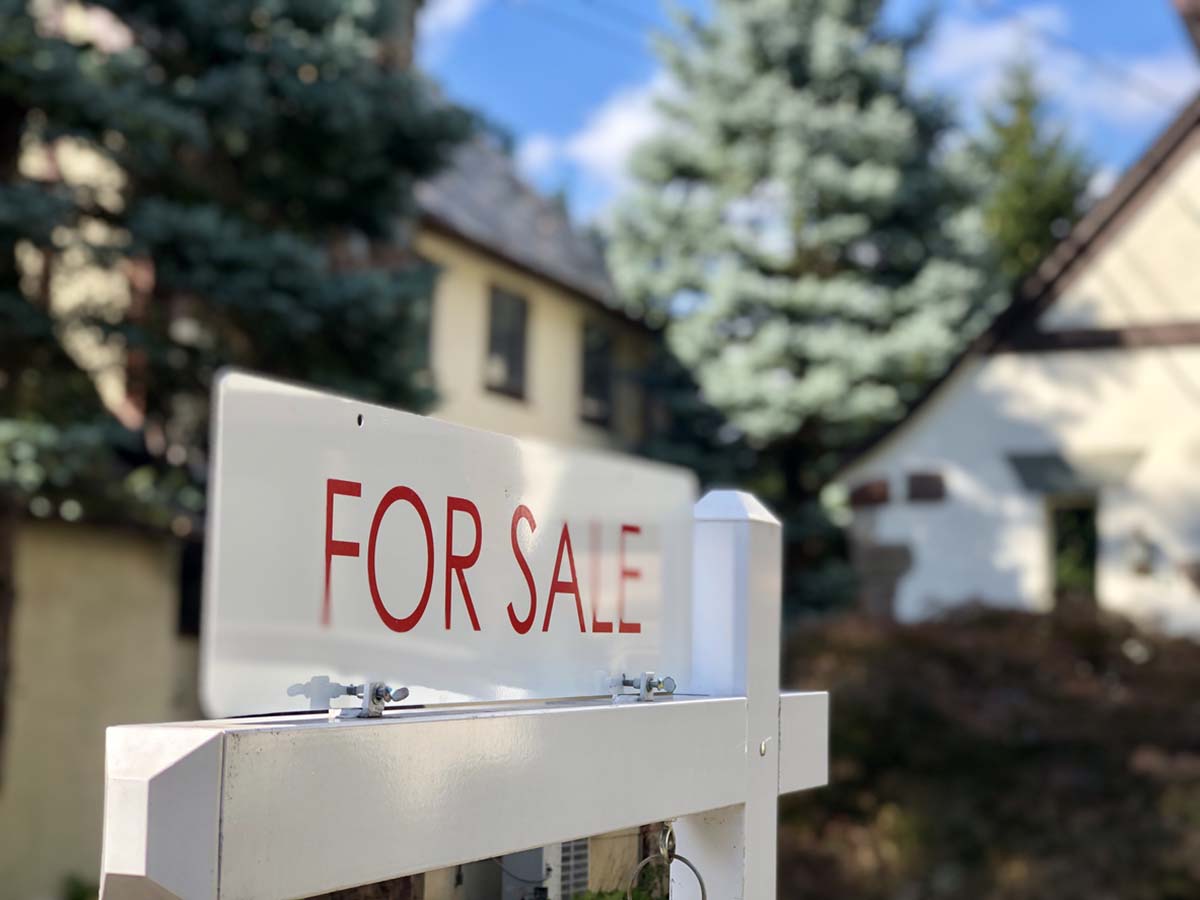M
iami has been named the world’s most at‑risk housing market, according to UBS’s Global Real Estate Bubble Index. The study ranks 21 major cities by “bubble risk,” using a score above 1.5 to flag danger. Miami’s 1.73 score places it ahead of Tokyo and Zurich, sparking headlines that promise a looming collapse.
**How UBS Measures Bubble Risk**
UBS calculates risk with five indicators:
1. **Price‑to‑Income Ratio** – How expensive homes are relative to average city earnings.
2. **Price‑to‑Rent Ratio** – How costly buying is compared to renting a similar unit.
3. **Mortgage‑to‑GDP Ratio Change** – Borrowing for mortgages versus national economic output.
4. **Construction‑to‑GDP Ratio Change** – New building activity versus GDP.
5. **City‑to‑County Price Ratio** – Price differences between the city and its surrounding county.
The report notes that over 15 years, Miami’s home prices have outpaced inflation faster than any other city in the study. It also points out that while buying power has eroded, rent has not kept pace, pushing the price‑to‑rent ratio higher than during the 2006 bubble.
**Why Some Experts Question the Findings**
Eli Beracha, director of FIU’s real‑estate school, argues that Miami’s income data underestimates true purchasing power. Many residents earn money outside the city—or abroad—and bring that wealth into Miami. International buyers from Brazil, Latin America, and other regions inject capital that the price‑to‑income metric ignores.
Ana Bozovic, founder of Analytics Miami, calls the report “clickbait” and claims it reduces the market to a single growth metric, ignoring other forces.
**Key Market Dynamics Often Overlooked**
- **Cash Buyers**: Miami leads the nation in all‑cash transactions. In H1 2025, 43% of sales were cash, rising to 53% for homes over $1 million. Cash buyers are less vulnerable to interest‑rate hikes and do not rely on leverage that can trigger a crash.
- **Low Distressed Inventory**: Foreclosures and distressed sales are rare, and overall inventory remains below pre‑pandemic levels. Limited supply with steady demand keeps prices stable.
- **High‑Tax State Migration**: Residents from high‑tax states bring wealth and demand, reinforcing the market’s resilience.
- **Market Cooling, Not Collapse**: Realtor.com economist Jake Krimmel notes that Miami’s market has slowed: homes take longer to sell (89 days in September), inventory has risen 16.3%, and sellers are less distressed, taking time to find the right buyer. This “air slowly coming out of the balloon” suggests a natural correction rather than a bubble burst.
**Internal Contradictions in UBS’s Report**
The report defines “bubble risk” as the likelihood of a large price correction but later states that a sharp correction is unlikely in the near term. It also highlights Miami’s continued appeal to international buyers and its lower prices compared to New York and Los Angeles, underscoring underlying demand.
**Bottom Line: A Maturing Market**
UBS’s metrics are useful but must be contextualized. Miami attracts global wealth, enjoys a robust cash‑buyer base, and benefits from limited supply and tax‑friendly policies. The recent slowdown reflects a healthy adjustment after rapid appreciation, not a prelude to collapse. Prices may plateau rather than surge or plummet, offering long‑term stability.
**Invest in Cash‑Flowing Rentals**
Rather than chasing market timing, consider rental properties that generate income from day one. Working with a reputable broker can help you locate stable, cash‑flowing markets beyond bubble zones.
**Contact Norada Real Estate**
Build wealth where renters stay long‑term.
Call (800) 611‑3060 for a no‑obligation consultation.
**Related Articles**
- Miami Housing Market Emerges as the Top Buyer’s Market of 2025
- Miami, FL is the Top Housing Market for International Buyers in 2025
- Miami, Florida Housing Market Faces BIG Crash Risk
- Top 10 Housing Markets Attracting Foreign Homebuyers in 2025
- Miami Housing Market: Prices, Trends, Forecast
- Hottest Florida Housing Markets in 2025: Miami and Orlando
- Miami Real Estate Market Predictions 2025‑2026: Insights for Buyers
- Will Miami’s Housing Market Crash Due to Rising Mortgage Rates
- Miami Housing Market Soars: Prices Jump by Remarkable 10.6%
- When Will the Housing Market Crash Again?














